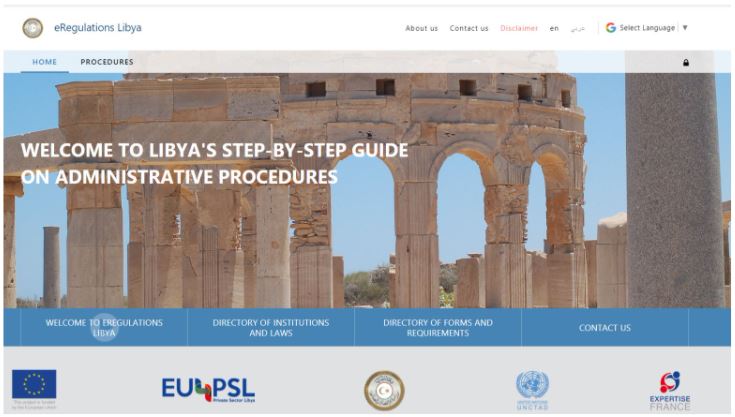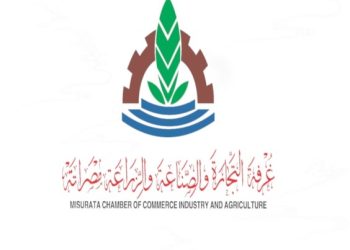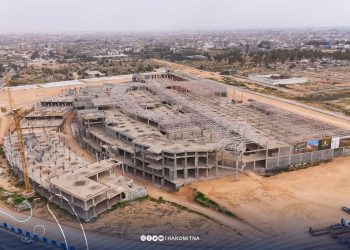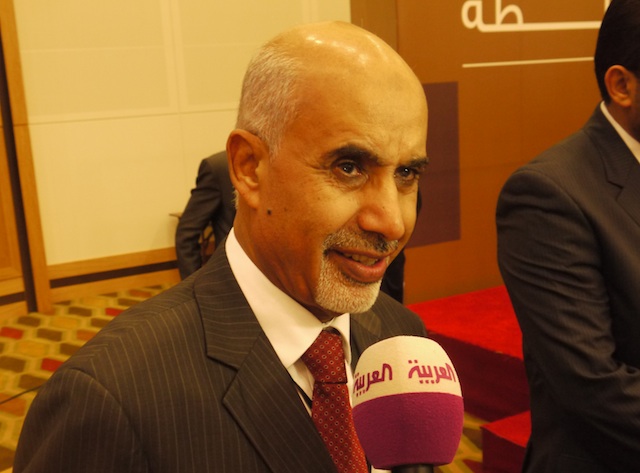By Hadi Fornaji.

Tripoli, 1 October:
Lebanon is looking to supply millions of apples to Libya via a new maritime link, as trade . . .[restrict]relations between the two countries improve.
Apple exports were among the topics reportedly discussed by Lebanon’s Prime Minster Najib Miqati and Mohammed Magarief, president of the GNC, on the fringes of a recent UN General Assembly meeting.
This followed agreements reached on Lebanese apple exports to Libyan, Egyptian and Iraqi markets at an earlier September meeting in Beirut.
Ahmad Alsheikhi, representing Libyan importers, said: “Transportation was a major barrier but we recently managed to overcome it, after the direct route between Beirut and Benghazi, which has three to four trips a month, was opened.”
The Lebanese Minister of Agriculture Hussein Hajj Hasan said the government was keen to tap into the Libyan and Iraqi markets following success in Egypt, currently the largest importer of Lebanese apples, according to Lebanon’s Daily Star newspaper.
Domestic consumption of apples in Libya last year was 40,000 tonnes, up 9.29 percent from 2010, according to the US Department of Agriculture. This fondness for apples makes Libya a potentially lucrative export market for Lebanon.
Lebanon ranks 47th for world apple production and once had a thriving apple industry. However, as the country failed to keep on top of evolving agricultural methods and export legislation, it fell behind in the apple market.
Hasan said that the Lebanese Ministry of Agriculture was now offering free tests for pesticide residues on apples and issuing ‘health certificates’ for exporters. Improving the quality of packaging for the apples is also understood to be an important step in attracting new markets.
Discussions to boost bilateral trade between Libya and Lebanon have been underway for several months, leading Lebanese economy minister, Nicolas Nahas, to suggest that “Lebanon and Libya are destined for economic integration.” He predicted that the unprecedented economic growth anticipated in Libya “promises bright opportunities for Lebanese companies.”
These moves to secure bilateral trade are taking place in spite of the long-standing tension between the two countries following the 1978 disappearance of the spiritual leader of Lebanon’s Shiite community, Imam Musa Sadr.
Sadr, along with Sheikh Mohammed Yaacoub and journalist Abbas Badreddine disappeared in Tripoli after being invited there by Qaddafi. A significant number of Lebanese Shiites, as well as Foreign Minister Adnan Mansour, still believe Sadr to be alive and imprisoned in Libya. The Lebanese government are seeking closure on the Sadr case, raising it with the Libyan government at every opportunity. [/restrict]









